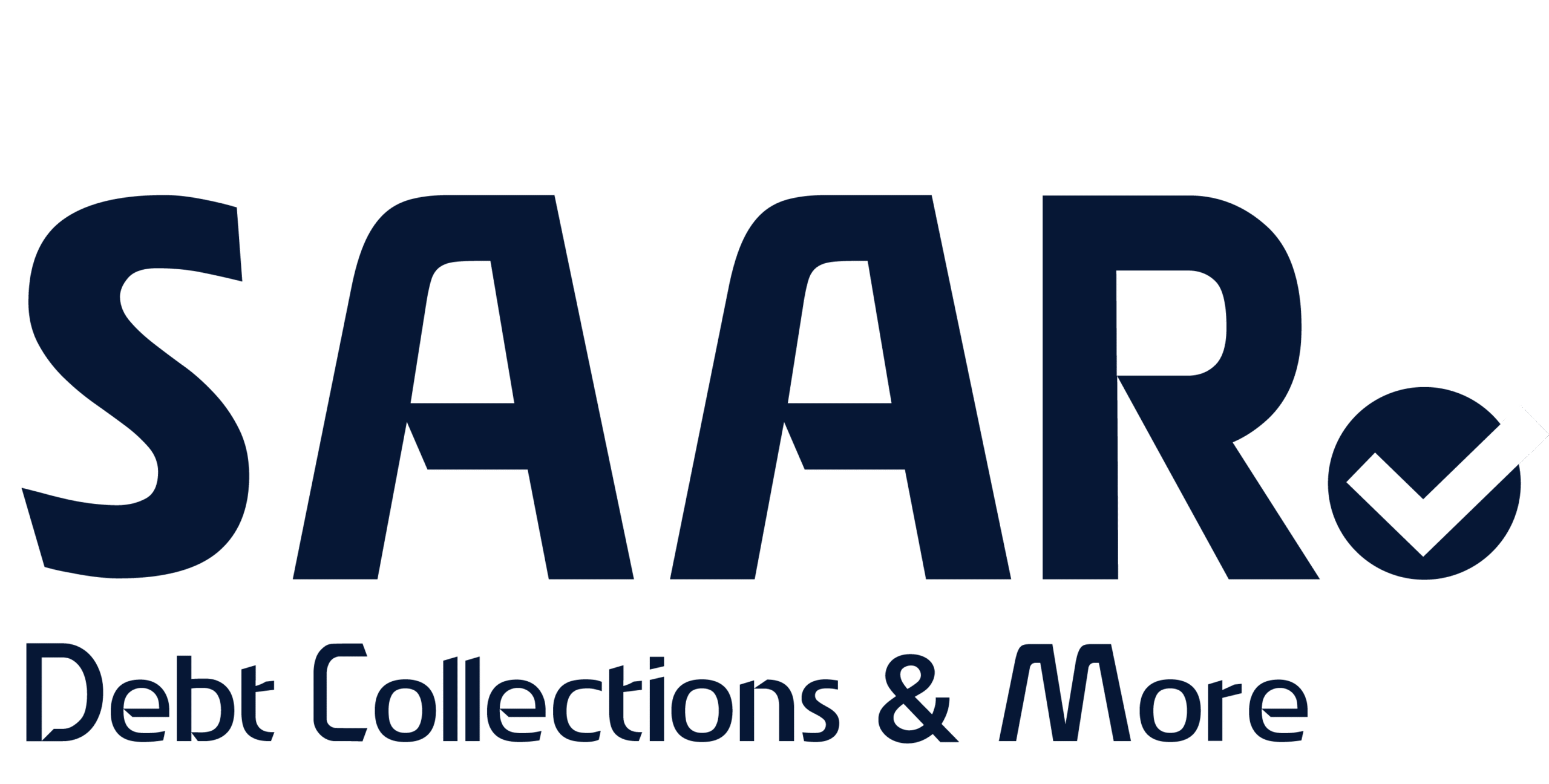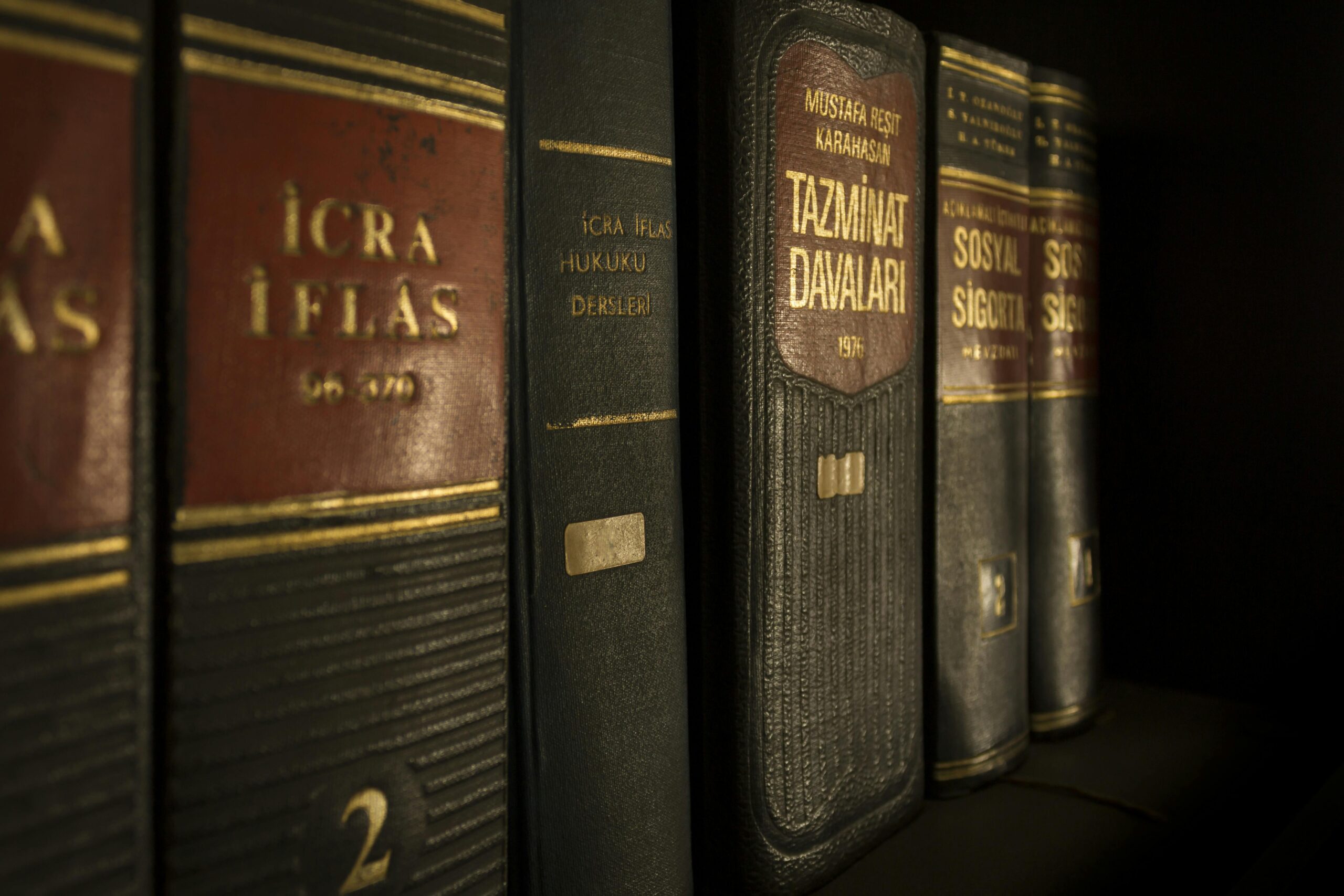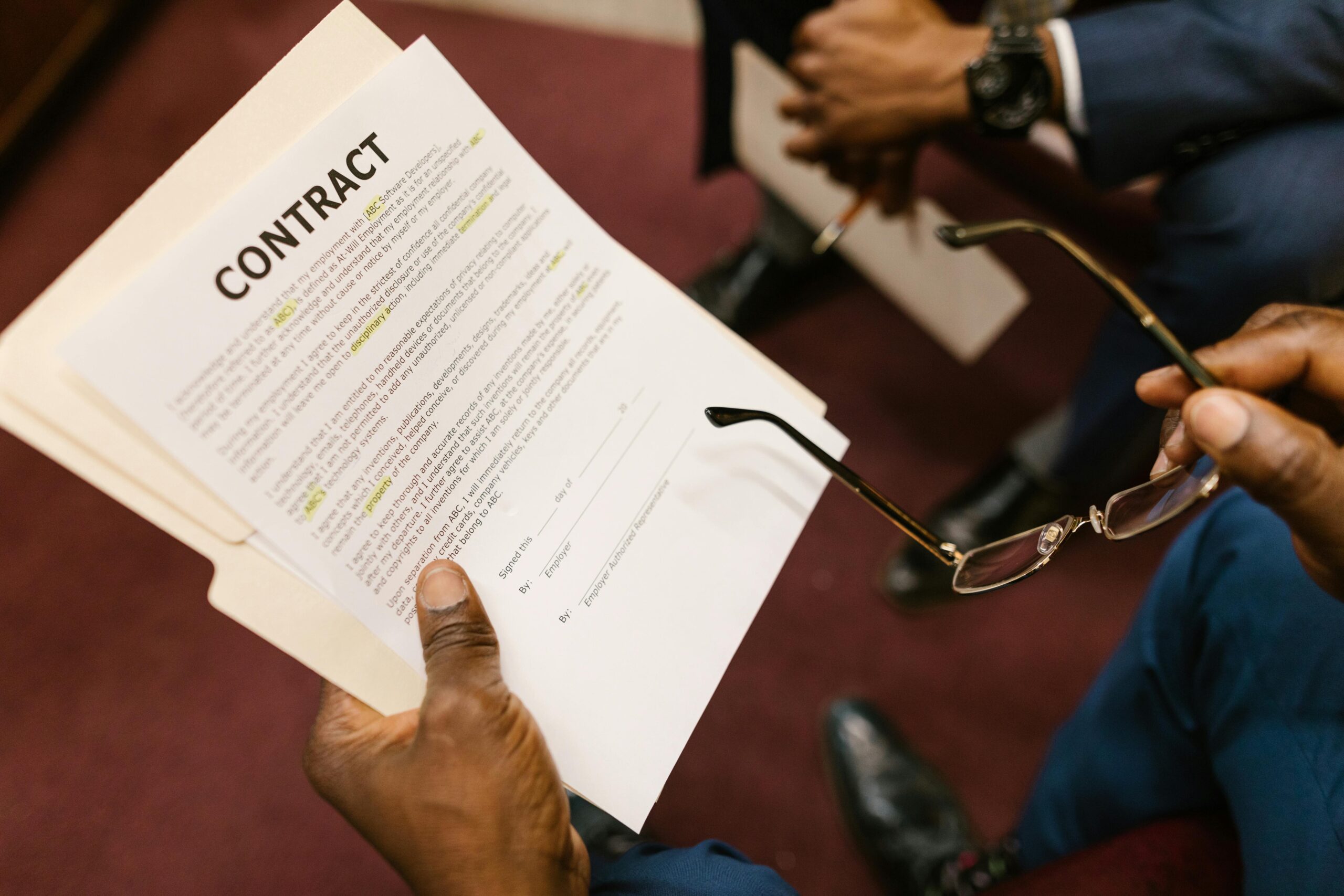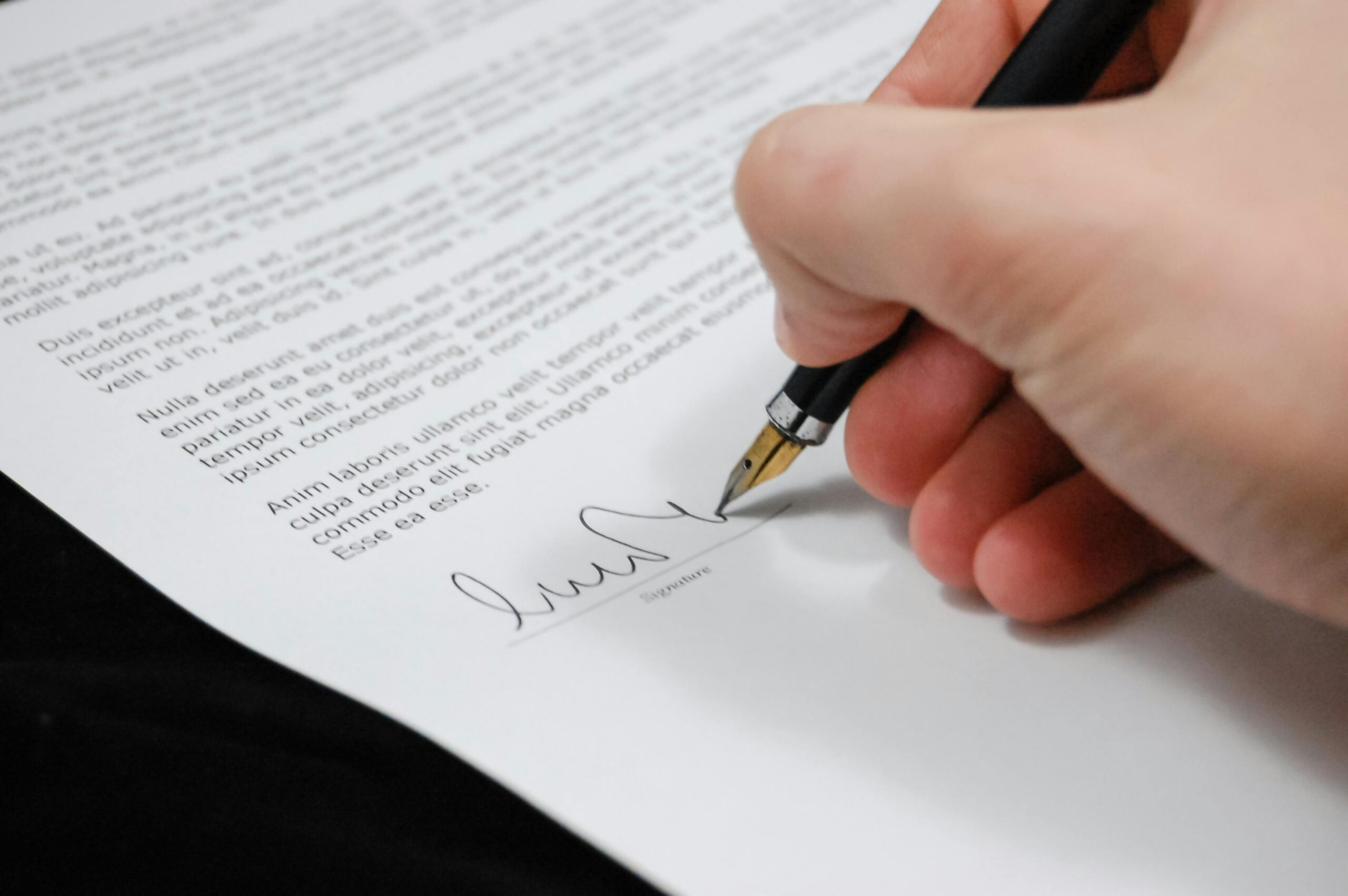Introduction
In the world of business and finance, it’s not uncommon for individuals to fall into financial obligations they can’t meet on time.
However, even in cases of financial hardship, consumers have legal rights that protect them from abuse or exploitation by creditors or debt collection agencies.
In this article, we present a comprehensive guide to consumer rights in debt-related cases, explaining how local and international laws safeguard individuals from unethical debt collection practices — with examples and practical advice.
1. Why Are There Consumer Protection Laws in Debt Cases?
Because the debtor is often:
-
Less legally experienced
-
In a psychologically or financially vulnerable position
-
Susceptible to pressure or exploitation
That’s why most countries have enacted specific laws to ensure that debt collection is conducted legally, respectfully, and fairly.
2. Key Consumer Rights in Debt Cases
1. The Right to Know Debt Details
Consumers must receive a clear statement of the amount owed, its origin, and its breakdown.
It is illegal to collect unsubstantiated or hidden charges not listed in the contract.
2. Protection from Harassment or Threats
Laws prohibit excessive or unjustified contact or threatening language.
Threats of imprisonment or defamation without a legal ruling are strictly prohibited.
3. The Right to Privacy
Debt collectors cannot contact the debtor’s family or coworkers without consent.
The consumer’s personal data must be kept completely confidential.
4. The Right to Dispute or Object
Consumers can dispute the debt within a legally defined timeframe.
They are entitled to request written or legal proof of the debt.
5. The Right to Settle or Reschedule
Consumers must be allowed to propose settlements or payment plans.
The law encourages amicable solutions before going to court.
6. Protection from Unlawful Fees or Commissions
It is illegal to charge additional fees not disclosed in the original contract.
3. Examples of Consumer Protection Laws in Selected Countries
| Country | Key Laws | Regulatory Body |
|---|---|---|
| Saudi Arabia | Consumer Protection Law + Central Bank rules | Saudi Central Bank (SAMA) |
| UAE | Consumer Protection Law 2023 + Commercial Law | Ministry of Economy + UAE Central Bank |
| USA | FDCPA – Fair Debt Collection Practices Act | FTC + CFPB |
| UK | Consumer Credit Act + FCA Guidelines | Financial Conduct Authority (FCA) |
| EU | EU Consumer Protection Directive | European Commission |
4. When Is a Debt Collection Agency Breaking the Law?
-
Demanding undocumented amounts
-
Contacting the debtor outside working hours or using abusive language
-
Disclosing personal data to third parties
-
Ignoring disputes or refusing to provide documentation
-
Threatening the debtor without legal grounds
In these cases, the debtor has the right to file a formal complaint and may be entitled to compensation.
5. How SAR Protects Consumer Rights During Collection
SAR is committed to:
-
Full compliance with all local and international laws
-
Transparent communication with debtors
-
Avoiding any form of pressure or threats
-
Ensuring complete confidentiality of client data
-
Prioritizing friendly solutions before legal escalation
6. What to Do If You Feel Your Rights Were Violated in a Debt Case
-
Do not respond to threats or pressure
-
Request an official copy of the original debt
-
File a complaint with the regulatory body (e.g., Central Bank or Consumer Protection Authority)
-
Consult a lawyer or trusted legal authority
-
Contact the original creditor to clarify the issue
Conclusion
Consumer protection laws in debt cases exist to ensure fairness for the more vulnerable party.
Whether you’re a debtor or creditor, dealing with a professional company like SAR ensures that the process remains legal, ethical, and respectful.
📩 Do you have an unresolved debt and want to deal with a respectful, legal entity?
SAR is here to support you — professionally and responsibly.









